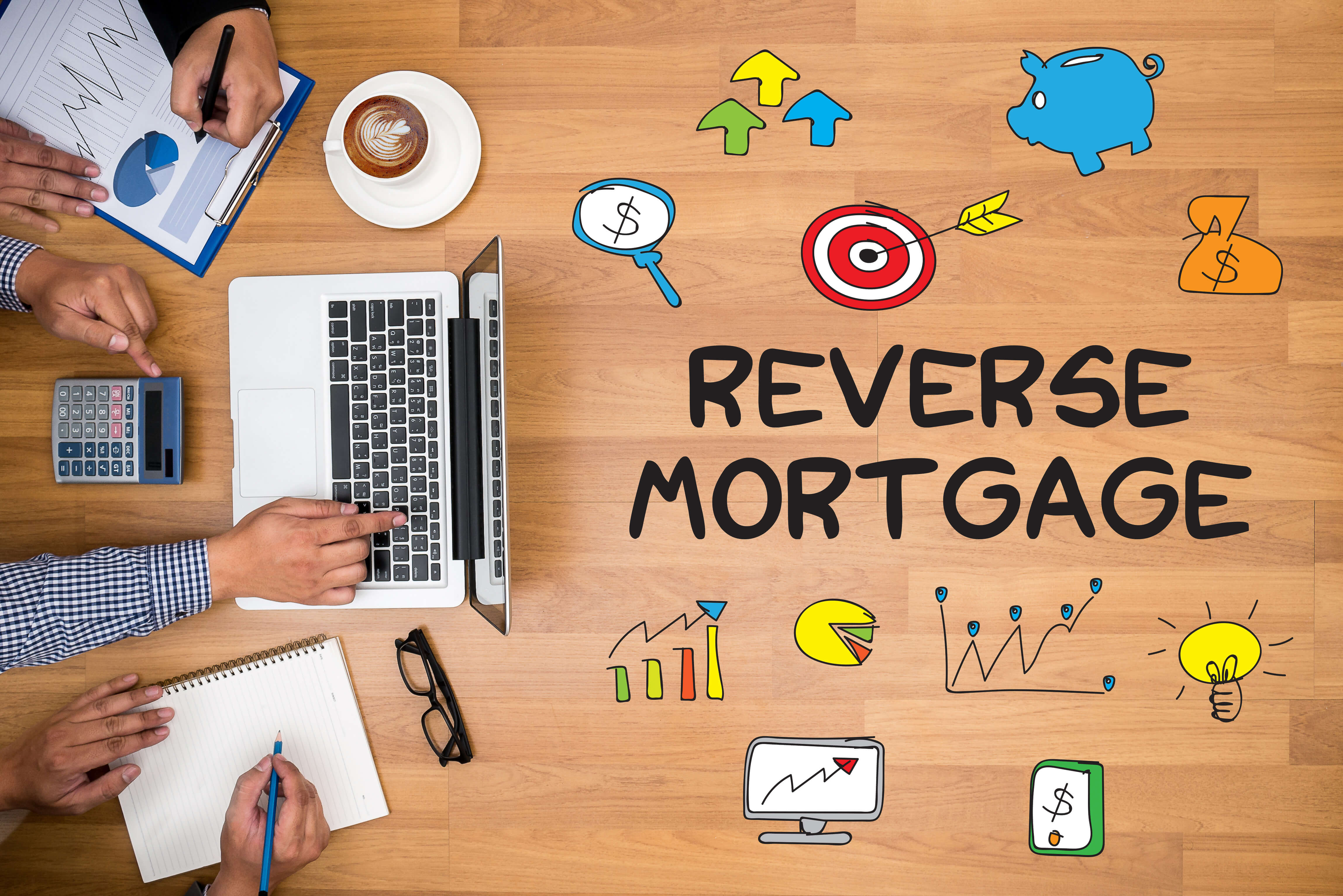Is using a reverse mortgage worth it?
It is a good way of spending your retirement, but it comes in circumstances because it may be an expensive way of borrowing money. A reverse mortgage interest calculator Canada provides people over 60 plus age to access the equity in their home as cash without leaving the house. It is the type of loan that allows people to remain in their place while enjoying life in peace. However, it is not a good choice for everyone because many people live with their partners, and it causes harm to them. In case you moved out or die, the person living with you has to leave.
Risks:
Many old people find it a great way to fund their retirement. It helps them to convert a portion of their home equity into cash. As a result, they receive a lump sum as regular or monthly payments. No doubt it a good idea for some old homeowners, but there are several risks and drawbacks associated with this.
Who can get the benefits from this loan?
Traditionally, when you sell your house, you get the whole amount at once. But, in case of this, you get cash off the only portion you want to sell. Sometimes, moving out is expensive and emotional as well. So, people try to stay where they have spent their lifetime. Many people think moving out a hectic task and require a financial burden. So, moving out may not appeal to several people out there. It requires three criteria to meet.

- You want to stay and afford all the taxes on your current home.
- You are married and have a spouse of age over 62. In this case, you both can put your names on the forum, so if anyone dies, the other can benefit from receiving the payments.
- You don’t have a plan to keep the home. However, your kids can get the loan.
Who should avoid it?
- If you have to move out due to health conditions, then you should avoid it. The best solution is to sell off the house to get the whole payment at once.
- If you want to protect the person who lives with you, then it is definitely not a good option. However, if they can afford to pay the loan after your death, then you can take the loan.
- There is an exception that if your spouse is not old enough to qualify as a co-borrower, then he/she is listed as a non-borrowing spouse. It means that they can continue to live in the home if you die without paying back anything. Thus, it will become their primary residence. But, there’s a problem too. As they are not the borrower, so they won’t be able to collect the money and will lose the income. Without the income, they will not be able to afford the expense to maintain the home and move forward. That is why it is necessary to read all the requirements before making any decision.
